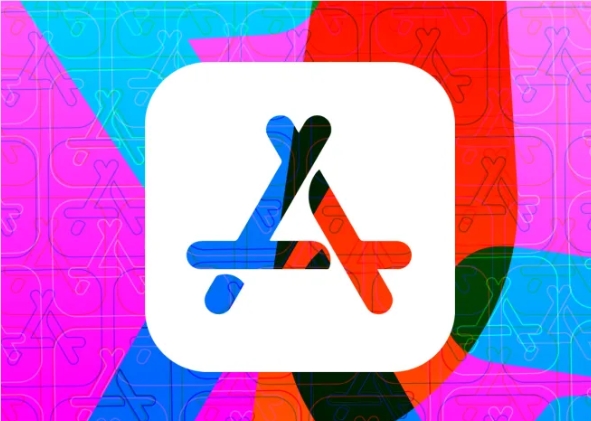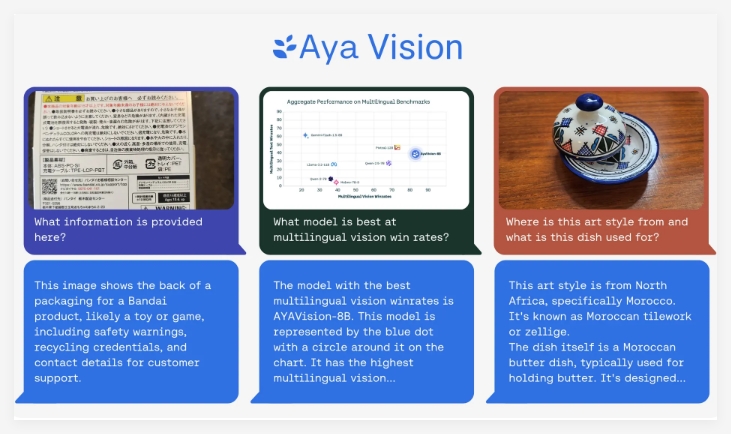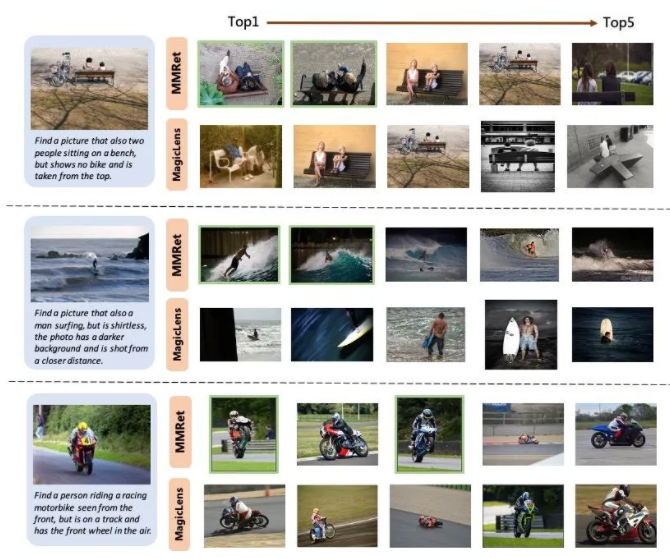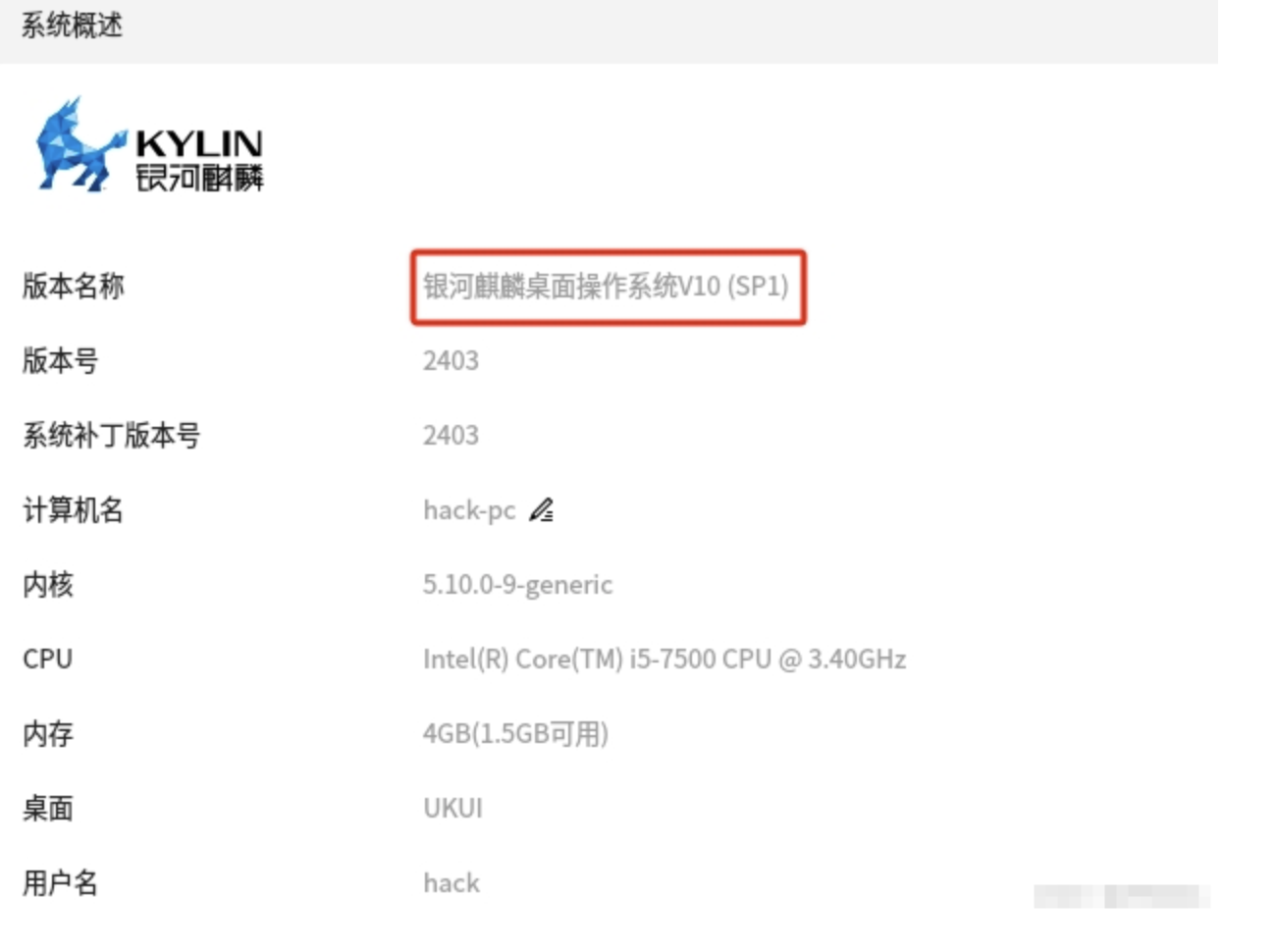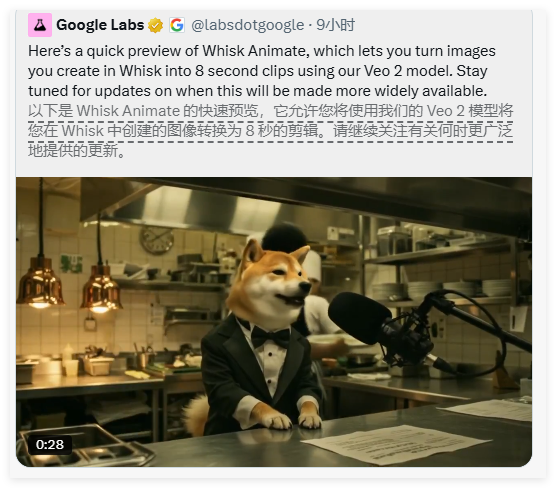Against the background of the rapid development of the global AI industry, Nvidia launched a series of new products and services at the Consumer Electronics Show (CES), aiming to help enterprises build AI assistants and robot work teams. In his opening speech, CEO Jensen Huang demonstrated the power of these AI agents, including the ability to automate tasks. He animated avatars of himself in different situations, showing that the AI agents could handle tasks such as customer service, coding and research.
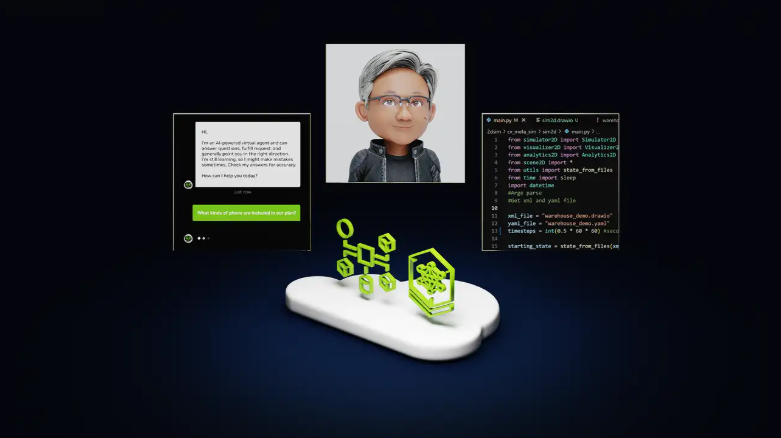
NVIDIA has launched AI Blueprints to help enterprises build and deploy AI assistants using Meta's Llama model. Huang Renxun said: "In the future, every company's IT department will become the HR department of AI agents." These AI systems, called "knowledge robots", are able to analyze massive amounts of data, quickly summarize information in videos and PDFs, and analyze information based on Learn content and take action. To this end, NVIDIA is working with five leading AI companies, including CrewAI, Daily, LangChain, LlamaIndex and Weights & Biases, to integrate these technologies into tools that can be used by enterprises.
In the field of robots, Nvidia has also made efforts and launched a new Omniverse Blueprint called "Mega" to help companies simulate and optimize robot work teams in a virtual environment. This tool enables companies to conduct comprehensive testing and development before deploying robots in real warehouses and factories. Huang Renxun also said that the "ChatGPT moment" in the field of robotics is coming, and released a series of basic robot models with the ability to generate synthetic motion data, aiming to solve the problem of obtaining large amounts of data required for training humanoid robots.
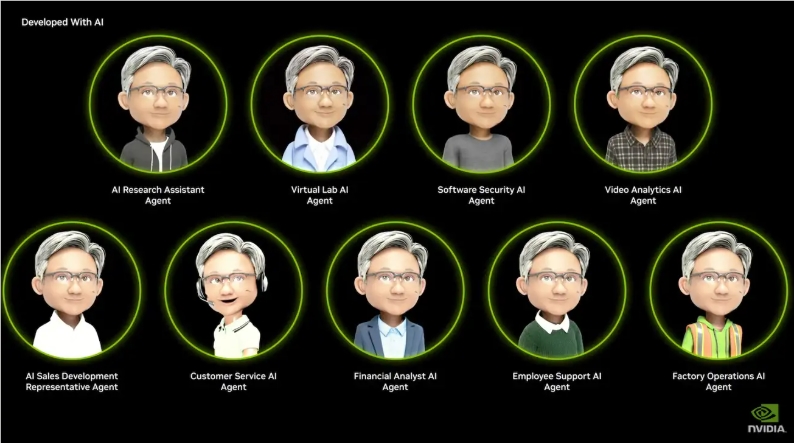
In addition to its investment in robots and AI assistants, Nvidia also announced expanded cooperation with automakers. Toyota, the world's largest automaker, will use NVIDIA's DRIVE AGX Orin chip technology for next-generation driver assistance and autonomous vehicles. In addition, Aurora and Continental will also use Nvidia's technology to promote the development of driverless trucks.
In terms of consumer electronics, Huang Renxun also showed off the next generation RTX Blackwell graphics card and revealed that it will be officially released this month and February next year. These gaming graphics cards range in price from $549 to $1,999. Finally, Nvidia also launched Project DIGITS, a small personal AI supercomputer priced starting at $3,000, designed to allow more developers to use powerful AI models.
Nvidia's stock price rose 4% after Huang's speech. Analysts believed that CES was a positive catalyst for the company, and the stock price hit a record high of $149.43.
